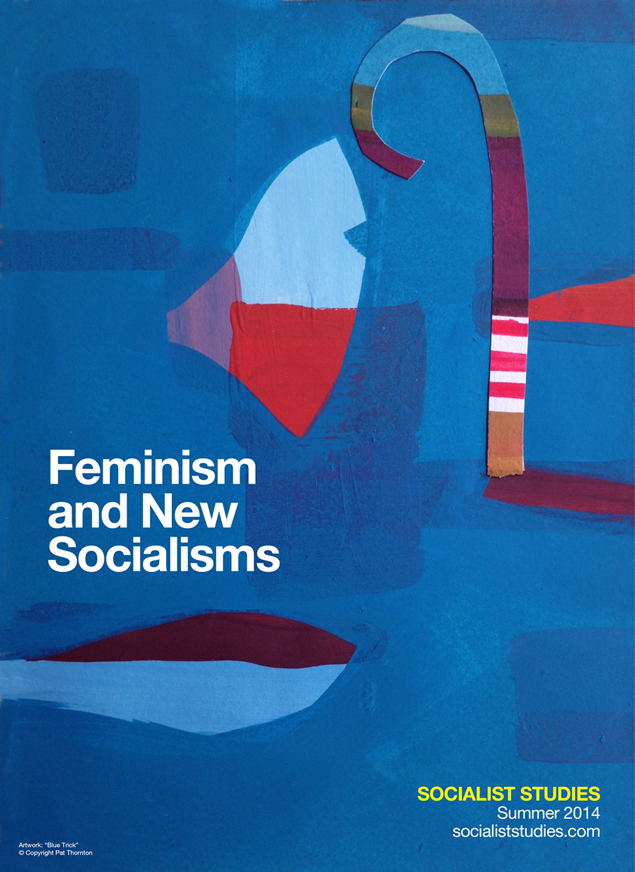“Nothing Human is Alien to Me”: Rethinking Historical Materialism and Socialism
DOI:
https://doi.org/10.18740/S4WC7CKeywords:
anti-racism, ecological niche, gender inequality, intersectionalism, historical materialism, oppression, socialismAbstract
Historical materialism emphasizes antagonistic class relationships as the main characteristic of the social, hence historically contingent, capitalist mode of production. Socialism is a normative vision of a just society rooted in meeting needs and enabling unalienated human expression, within the ecological limits of the natural world. Both are useful, even critical ways of understanding the world and seeking to bring about a better one. However, both are radically inadequate. Indeed, some scholars charge that both are worse than useless. The most serious critique is that historical materialism and socialism collaborate in silencing other anti-oppressive theories and struggles, by insisting on exclusive “class-only” approaches. After describing three characteristic ways that many historical materialists do, in fact, collaborate to exclude many important anti-oppressive theories and struggles, I argue – following many others – that such exclusions are not tenable on analytical, empirical, moral and practical grounds. In fact, historical materialism and socialism have much to gain with a more inclusive approach, although that inclusiveness might take different forms. For instance, Indigenous, Black power and gay and lesbian movements are instances of anti-oppressive theories and struggles that offer critical insights into actually-existing capitalism; and the potential for transformative change within and even beyond capitalism. Class inequalities are inextricably bound up with other sources of oppression, rooted in race, gender, disability, sexuality and ongoing colonialism – which are not 'essential' inequalities but social, historically emerging and hence contingent oppressions. Put another way, understanding capitalism includes theorizing the ways that capitalist social relations create ecological 'niches', as Ian Hacking might say, for a range of interrelated unjust inequalities. Further, all oppressions must be fought in themselves, as part of socialist commitments, because they inhibit the free unalienated expression of each and all. The revised historical materialism and socialism that result from this are more modest because they do not aspire to attribute all “major” capitalist dynamics exclusively to class. But they are also more ambitious, because they are in a necessary, constant dialogue with other anti-oppressive theories and struggles.Downloads
Published
Issue
Section
License
Copyright: Authors who publish in the Journal agree to the following terms: 1)Authors retain copyright and grant the Journal the right of first publication with the work simultaneously licensed under a Creative Commons Attribution License that allows others to share the work with an acknowledgement of the work's authorship and initial publication in the Journal; and, 2)Authors are able to enter into separate, additional contractual arrangements for the non-exclusive distribution of the Journal's published version of the work (eg post to an institutional repository or publish it in a book), with an acknowledgement of its initial publication in the Journal.






